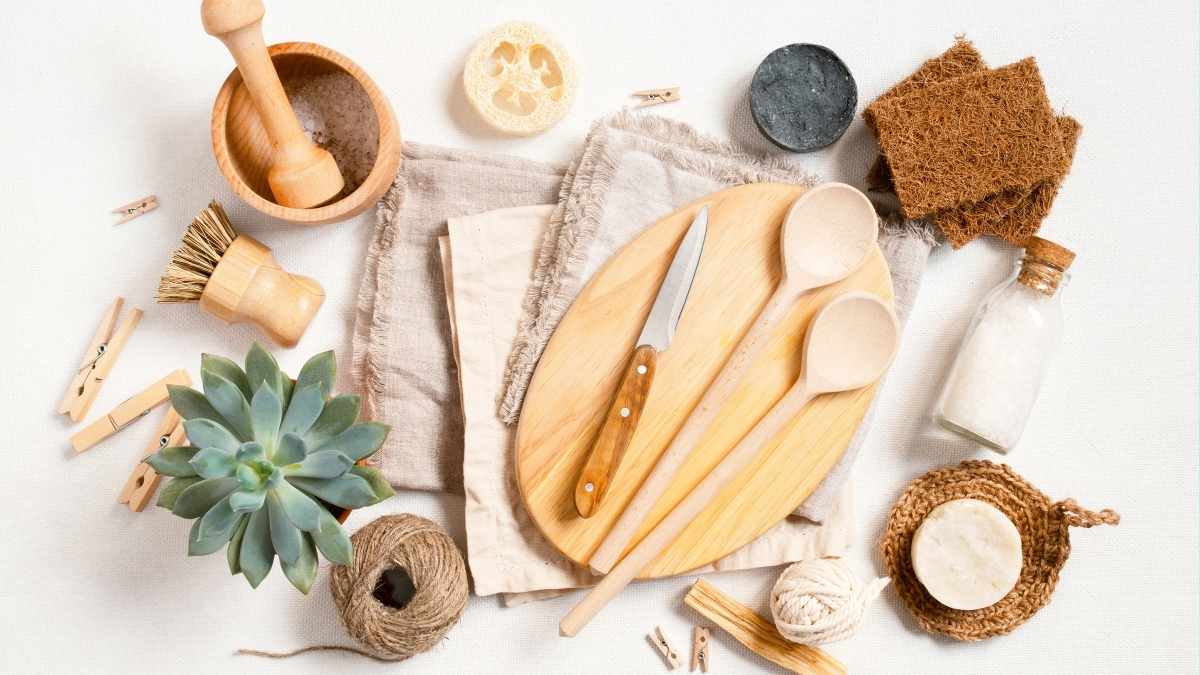The zero-waste journey may seem daunting due to the number of changes it requires you to make. Sometimes, it seems easier to continue with the already-established patterns and trends.
However, making these changes becomes easier when you realize that you only need to make small changes that will become a part of your lifestyle and affect a large scale.
You can decide to begin your zero-waste journey from anywhere, but it becomes easier when you pick a specific room to start with.
The kitchen is one of the easiest rooms to make eco-friendly changes to because you can quickly identify ways harmful products that you can replace and ways you can reduce waste.
Here are 10 zero-waste kitchen products to help you create a zero-waste kitchen.
Zero-Waste Products You Should Use In Your Kitchen
1. Reusable food storage bags
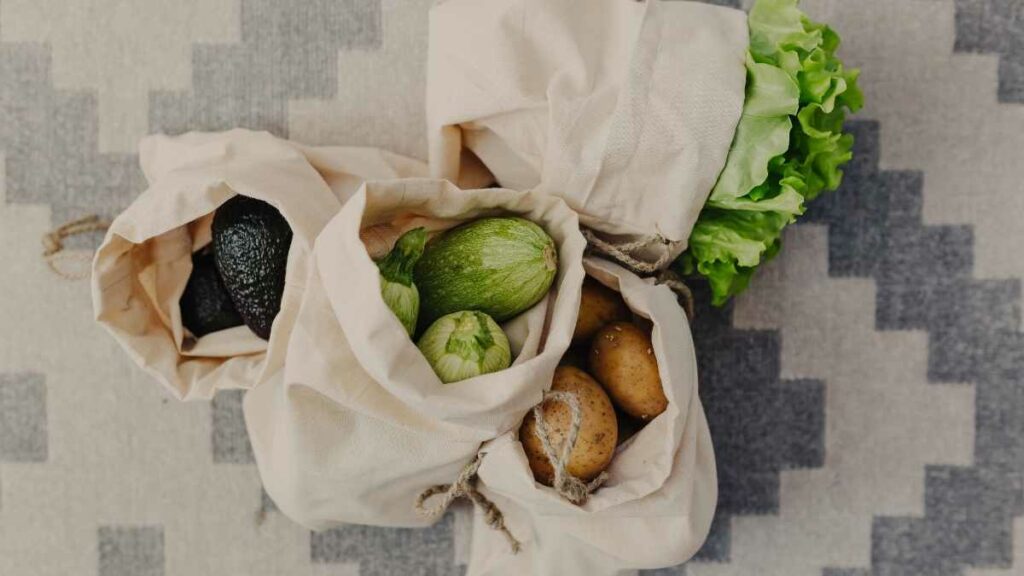
These plastic-free bags are a great eco-friendly, affordable and versatile bag that can be used as an alternative to the commonly used food storage bags.
Reusable food storage bags are durable and reusable and can be carried to the market as reusable produce bags.
This way, you can store your fruits, vegetables, and other products longer without transferring them to different bags.
-

Fashionably Green and On-The-Go
£16.50 Select options This product has multiple variants. The options may be chosen on the product page -
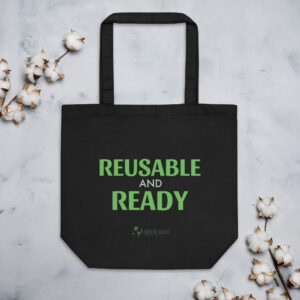
Reusable and Ready Eco-Friendly Tote Bag
£16.50 Add to cart
They also come in different sizes and designs and are easy to wash.
2. Compost Bins
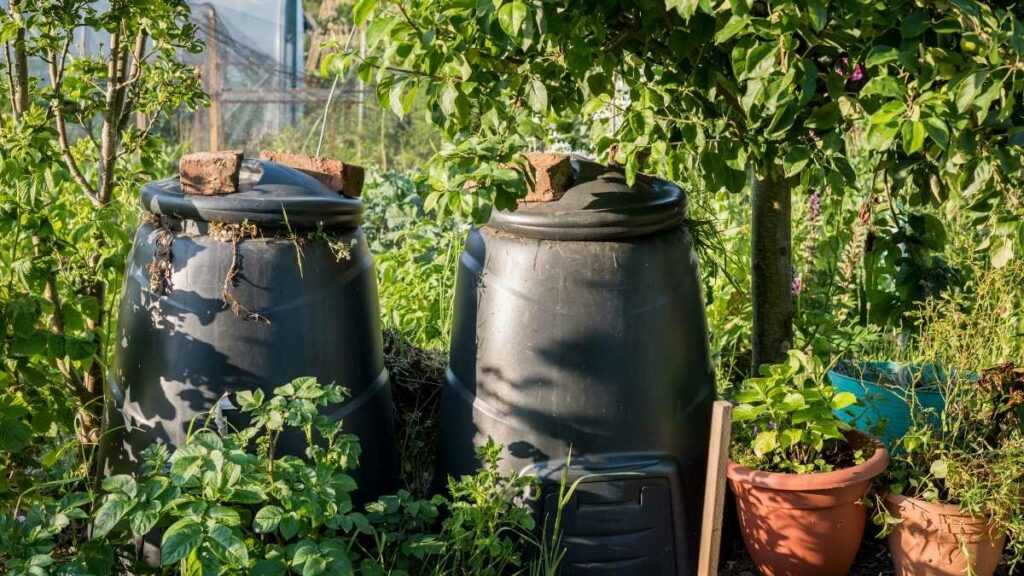
Food waste is one of the biggest causes of pollution to the environment, with most food scraps ending up in landfills.
Composting is a sustainable and eco-friendly food waste disposal method, and you can home compost in your kitchen.
Composts are made of naturally decomposing elements such as corn starch and provide a suitable environment for organic food to decompose in air and the action of microbe-rich elements.
Composting helps to reduce unnecessary waste by decomposing them faster and in a natural way that is not harmful to your health.
3. Beeswax food wraps
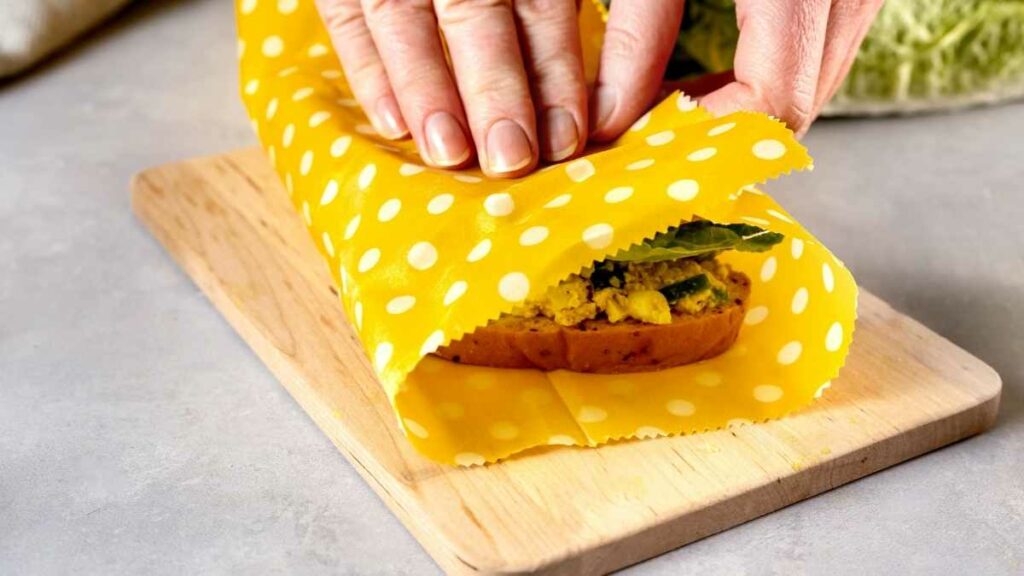
Plastics contain a high percentage of synthetic chemicals that can disrupt the cell function in the human body, and when used to preserve food, they can contaminate the food presenting a health risk to you.
Although plastic has been a commonly used food wrap option for years, more eco-friendly wraps are less harmful to your health than plastic wraps.
Beeswax food wraps are a natural alternative to plastic wraps that are long-lasting and sustainable.
They are reusable and compostable, meaning that when you are tired of using them, you can compost them in the compost bin.
4. Mason Jars storage containers
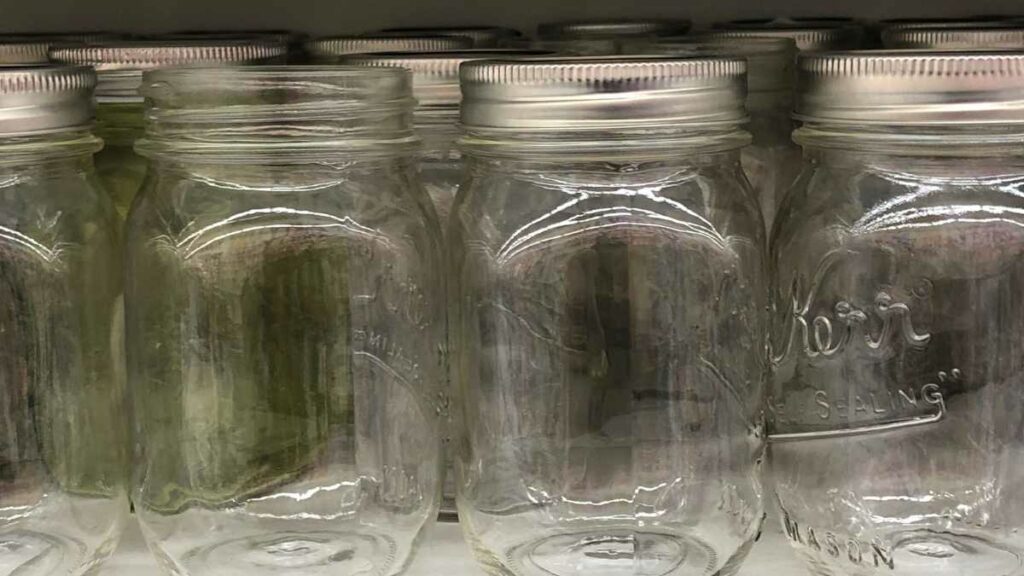
These eco-friendly glass containers have been available for years and receive wide recognition for their eco-friendly property.
The mason jar is a beautiful, versatile, and portable food storage container that can store everything, including grains, dried seeds, and nuts.
Some grocery stores even allow you to fill your products into your jar directly, making them the perfect zero-waste kitchen products.
They are available in different shapes and sizes, and whether it be the rubber-sealed clasp or the classic screw single-use-term storage, the mason jars are reusable and the perfect zero-waste product to have in your kitchen.
5. Reusable towels

Paper towels suddenly came into vogue, moving us away from the traditional cotton towels we grew up using over the years.
Paper towels are single-use towels and have created unhealthy waste disposal, unlike cloth towels which are reusable and safe.
Cloth towels are made of cotton and can be washed and reused as often as you want, making them the right zero-waste kitchen product.
6. Zero waste dish wash soap
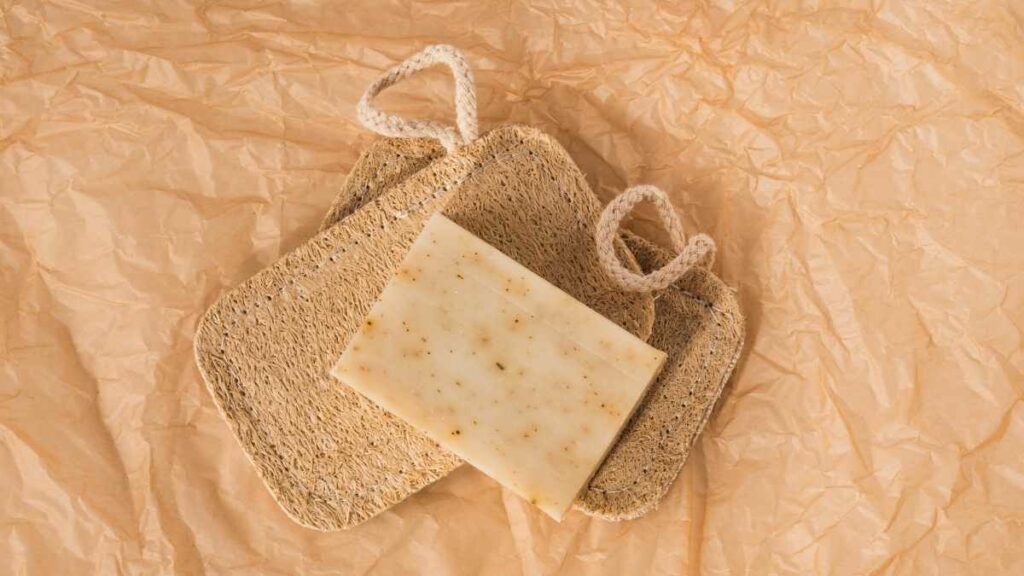
Dish soap is a popular item in everyone’s kitchen, but unfortunately, not everyone is aware of the dangers to their health and the environment due to the chemicals they contain.
Most of these products contain harmful chemicals such as sulfates that eventually get into the waterways and contaminate the water.
They are packaged in plastic containers and disposed of in landfills or the waterways polluting the environment.
Eco-friendly alternatives such as zero-waste dishwashing soap that do not contain chemicals like paraben and sulfate are necessary to ensure sustainability.
7. Reusable coffee filters
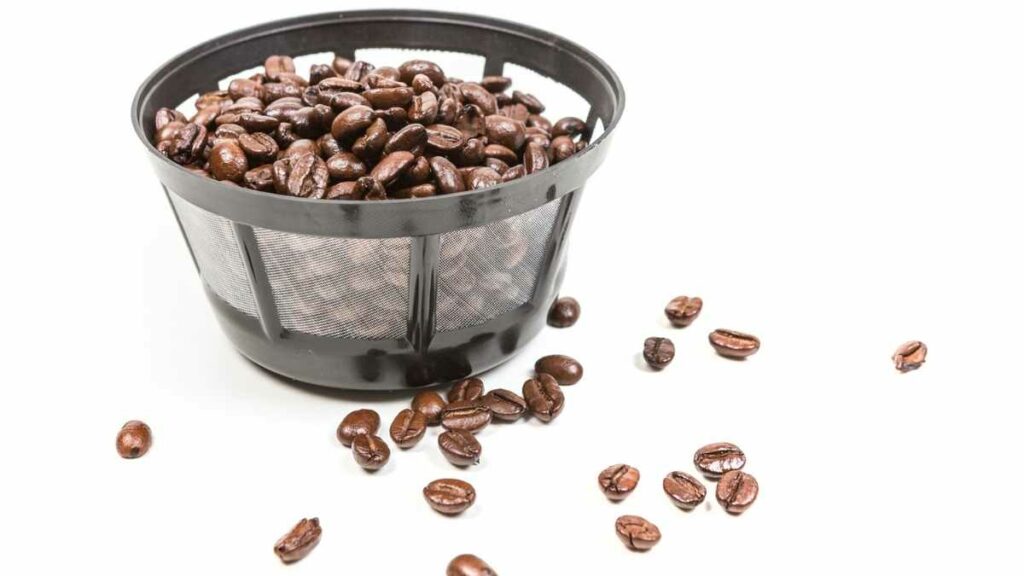
A cup of coffee in the morning is as common as disposable paper coffee filters. It’s more like doing the right thing the wrong way.
Paper coffee filters are not eco-friendly, and to create that zero-waste kitchen, you have to do away with them and instead go for eco-friendly alternatives such as stainless-steel metal filters and silk bags.
These alternatives are reusable, recyclable, and easy to clean. You can brew your coffee, compost the grounds and rinse the filter when you are done.
8. Glass spray bottles
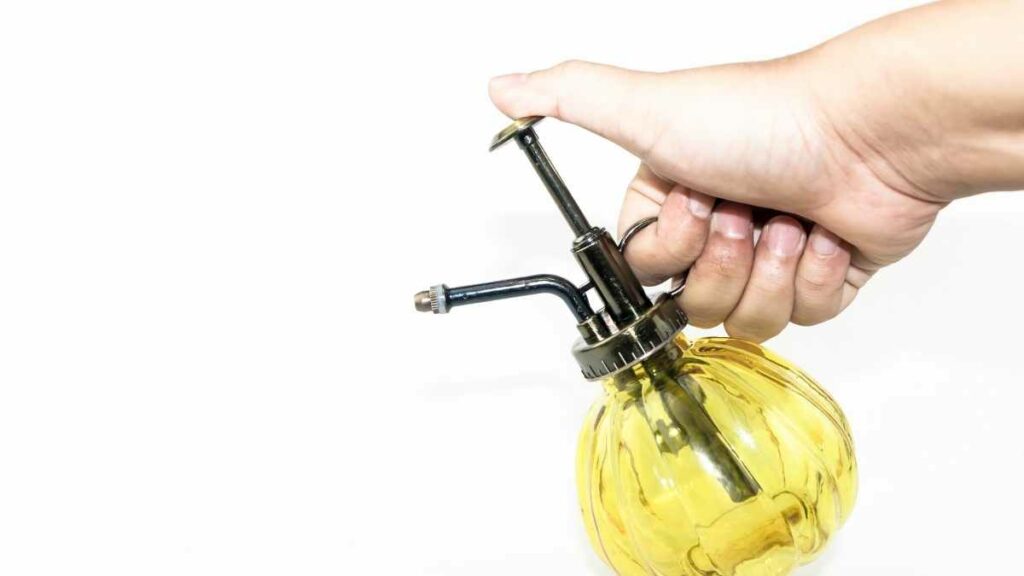
Having glass spray bottles in your kitchen is an eco-friendly alternative to plastic bottles and can help store even your homemade produce without posing a health risk.
Rather than purchasing harmful cleaning chemicals in single-use plastics, you can make your own, put it into a glass bottle, and put it in your kitchen.
9. Dish brushes
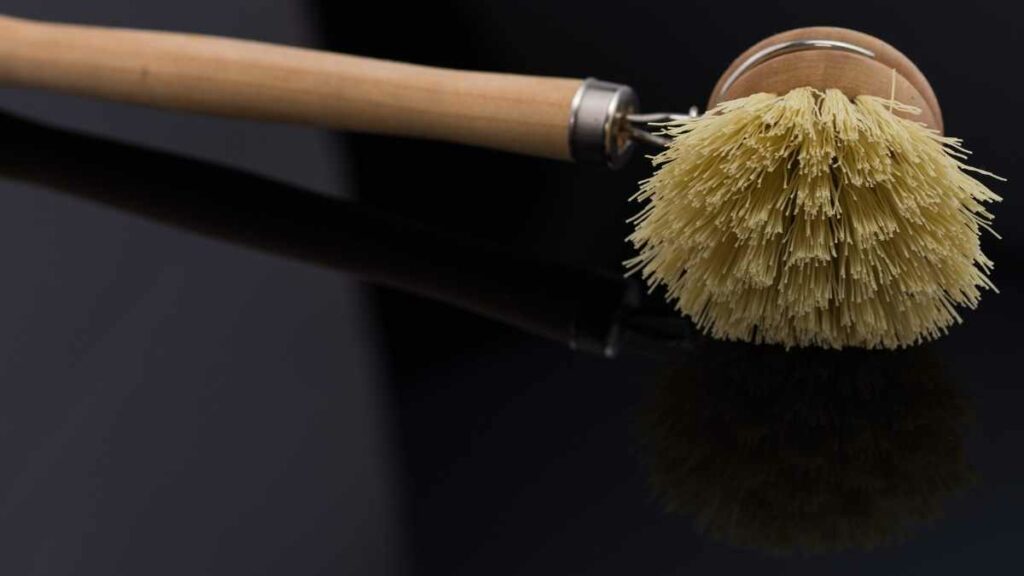
Most kitchens have sponges used to wash dishes, but most sponges today are synthetic, made of polyester, and packaged in plastic.
Therefore, unless for using a natural sponge made from plant-based fiber, you should trade your sponges for compostable wooden dish brushes.
10. Eco-friendly water filter

Purchasing a water filter is eco-friendly because it reduces the number of plastic bottles you bring into your kitchen.
However, you should pay attention to the type of water filter you purchase.
Rather than purchase the common plastic cartridges, you can buy eco-friendlier options such as charcoal sticks that you can place in your jar and leave.
You will add essential minerals such as calcium and magnesium to your body.
Conclusion
For many homes, the kitchen is the heart of the house, and with the massive amount of waste being produced, the fight for a zero-waste environment should undoubtedly start from the kitchen.
Either you are just starting, or you have been on this journey towards achieving a sustainable environment, conduct a search in your kitchen today to ensure that there are only zero-waste kitchen products.

